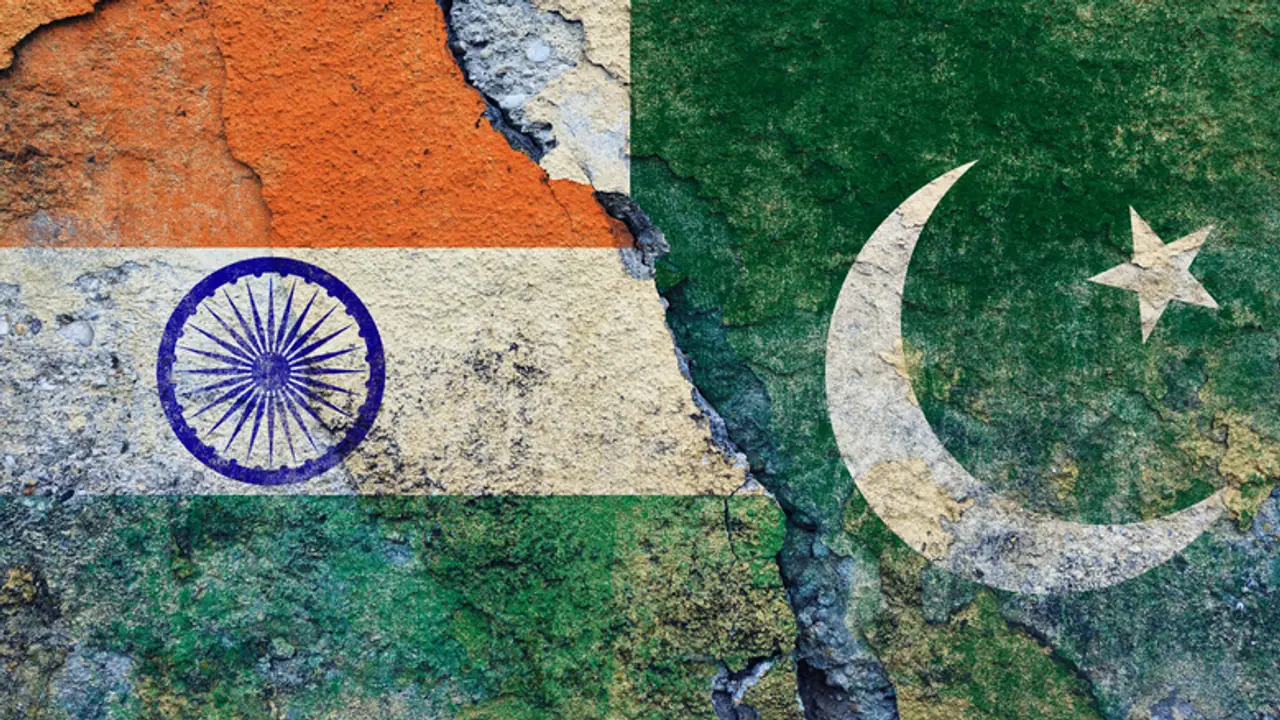Trade bans, airspace restrictions affecting international flights, and the ban on Pakistani artists and content continue. Visa services for Pakistani nationals also remain suspended. These measures persist despite the ceasefire being unconditional.
Despite agreeing to a sudden and full ceasefire, India has made it clear that several punitive measures imposed on Pakistan following the deadly Pahalgam terror attack—which killed 26 civilians—will remain firmly in place.

The ceasefire, announced after intense back-channel talks and confirmed by both nations on Saturday, came without "preconditions, postconditions, or linkage to other issues," according to Indian officials. However, this diplomatic thaw has not prompted New Delhi to scale back the strategic decisions it made in the aftermath of the escalation, particularly under Operation Sindoor, a series of precision strikes targeting terror launchpads in Pakistan and Pakistan-occupied Kashmir (PoK).
Following India's strikes, Pakistan responded with a barrage of missile and drone attacks across the LoC and international borders, most of which were intercepted by Indian air defence systems. Despite the agreed ceasefire, India's diplomatic and security posture remains unchanged on key fronts. Here's what still stands:
1. Indus Waters Treaty remains suspended:
India has confirmed that the Indus Waters Treaty (IWT) will stay in abeyance. "The ceasefire agreement does not impact our earlier decision on the IWT," government sources said. Brokered by the World Bank in 1960, the treaty has long been considered skewed in Pakistan's favour, allowing it access to 80% of the Indus river system's waters—crucial for agriculture in its Punjab and Sindh provinces.
2. Attari integrated check post to stay closed:
The Attari-Wagah land crossing remains shut. Cross-border civilian movement was suspended earlier this week, and those who had entered India via valid documentation were instructed to exit by May 1. Officials said the check post would not reopen "until further notice."
3. Trade ban continues:
India's ban on imports from Pakistan, both direct and indirect, will stay in force. Pakistan-registered vessels remain barred from Indian ports, and reciprocal restrictions prevent Indian ships from docking in Pakistan. A provision in India's updated Foreign Trade Policy now prohibits "the direct or indirect import or transit of all goods originating in or exported from Pakistan."
4. Airspace restrictions still in effect:
India's decision to shut its airspace to flights originating from or traveling through Pakistan stands. This measure, in effect since April 30, impacts international carriers, many of whom now have to take longer detours to avoid Pakistani airspace after exiting Indian territory.
5. Ban on Pakistani artists remains:
In line with its national security directives, India continues to bar Pakistani artists, actors, and performers from working in the country. Streaming platforms and digital media services have also been instructed to remove Pakistani-origin content, including films, songs, podcasts, and web series.
6. Visa suspension for Pakistani citizens:
India's visa services for Pakistani nationals remain suspended. This includes all categories of visas, except for limited emergency medical extensions that were valid only until April 29. The Ministry of External Affairs has also urged all Indian nationals in Pakistan to return at the earliest.


